Unlike regular voluntary blood donors, donors with rare blood types or compatible phenotype blood types are like the hospital's "hotline", ready to go when patients need blood.
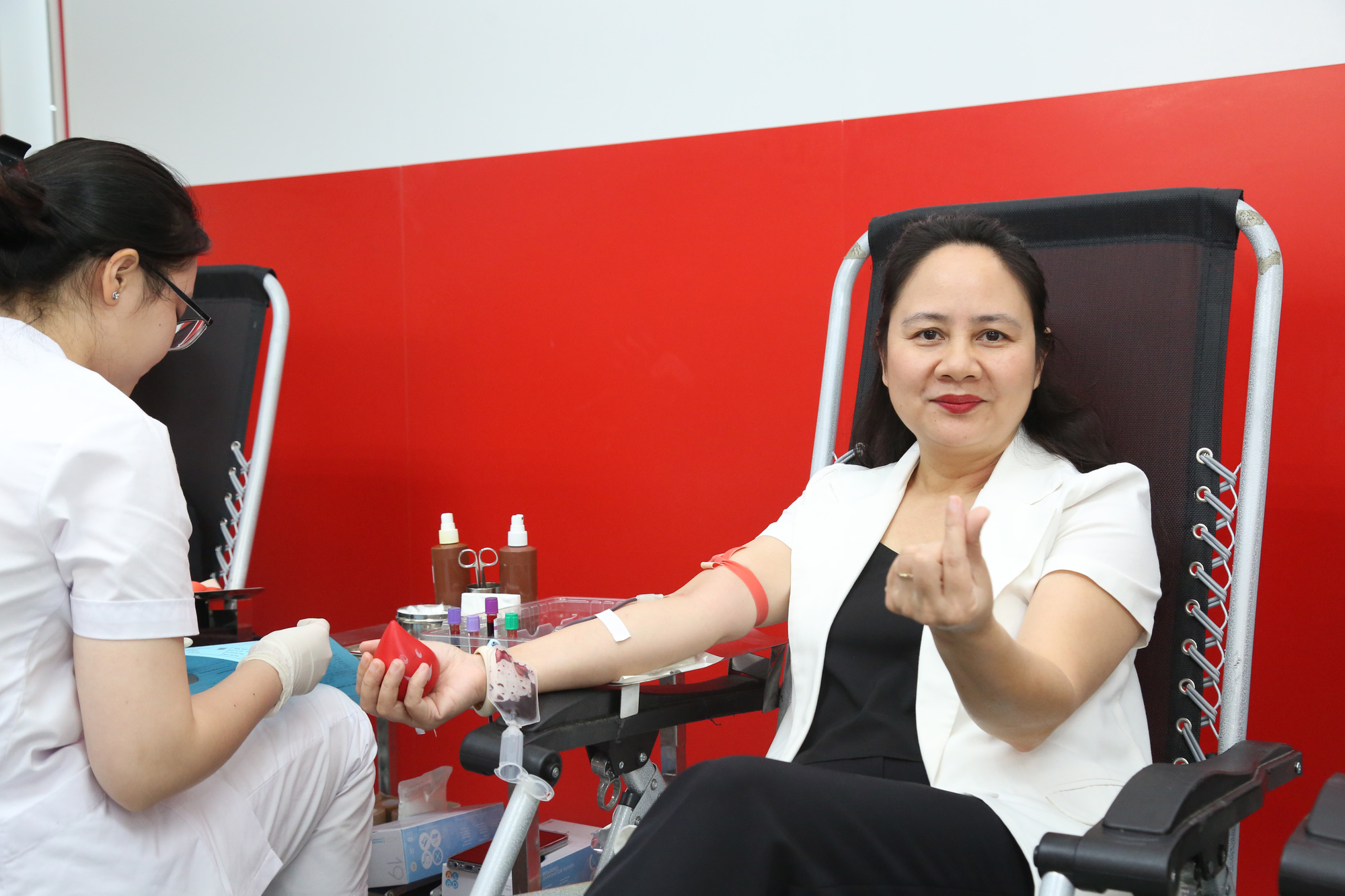
Ms. Hang ( Hanoi ), a person with compatible blood type phenotype, donated whole blood before the program - Photo: BVCC
On November 23, the National Institute of Hematology and Blood Transfusion organized a meeting program for rare blood donors and typical phenotype-compatible blood groups in 2024 with the theme "Love rendezvous".
Always ready to go when called upon
Present at the program early, meeting people with the same rare blood type in the club, Mr. Nguyen Hoai Son (24 years old, Hanoi) said that during his student days, he participated in voluntary blood donation. After the first blood donation, Mr. Son learned that he had the rare blood type AB Rh(D) negative.
"Through research, I learned that people with rare blood types have less chance of receiving a suitable blood type than other blood types. Therefore, I understand the importance of blood donors like me to patients.
Every time the hospital calls to donate blood for a patient in need, I know that the patient and his family are very worried and need my blood. Therefore, even though I am busy, I try to arrange to go to the hospital to donate blood.
I think the happiness of youth is to contribute to the community, I always try to contribute as much as I have," Son confided.
Also coincidentally knowing that she has a rare blood type after participating in voluntary blood donation, Ms. Pham Anh Ngoc (25 years old, Hanoi) has donated rare blood type 16 times so far and is always ready to donate blood whenever called.
Ms. Ngoc still remembers the first time she was called to donate blood to a patient with a rare blood type. That was also the first time Ngoc felt the meaning of the work she was doing.
"In 2022, while I was working, I received a call from the hospital asking me to donate blood. At that time, I was quite confused because I didn't think my blood type was so rare.
"I didn't wait until the end of work to ask for leave to go to the hospital. On the way, I felt quite nervous, thinking that if I was late, the patient would be in danger," Ngoc shared.
Since then, Ms. Ngoc has become the hospital's "hotline" when someone needs rare blood types.
30% of thalassemia patients receive phenotype-compatible blood transfusions
Explaining about the compatible blood group phenotype, Mr. Tran Ngoc Que, Director of the National Blood Center, Central Institute of Hematology and Blood Transfusion, said that the more blood transfusions patients receive, the more likely they are to be exposed to foreign antigens and the higher the risk of abnormal antibody production in these patients.
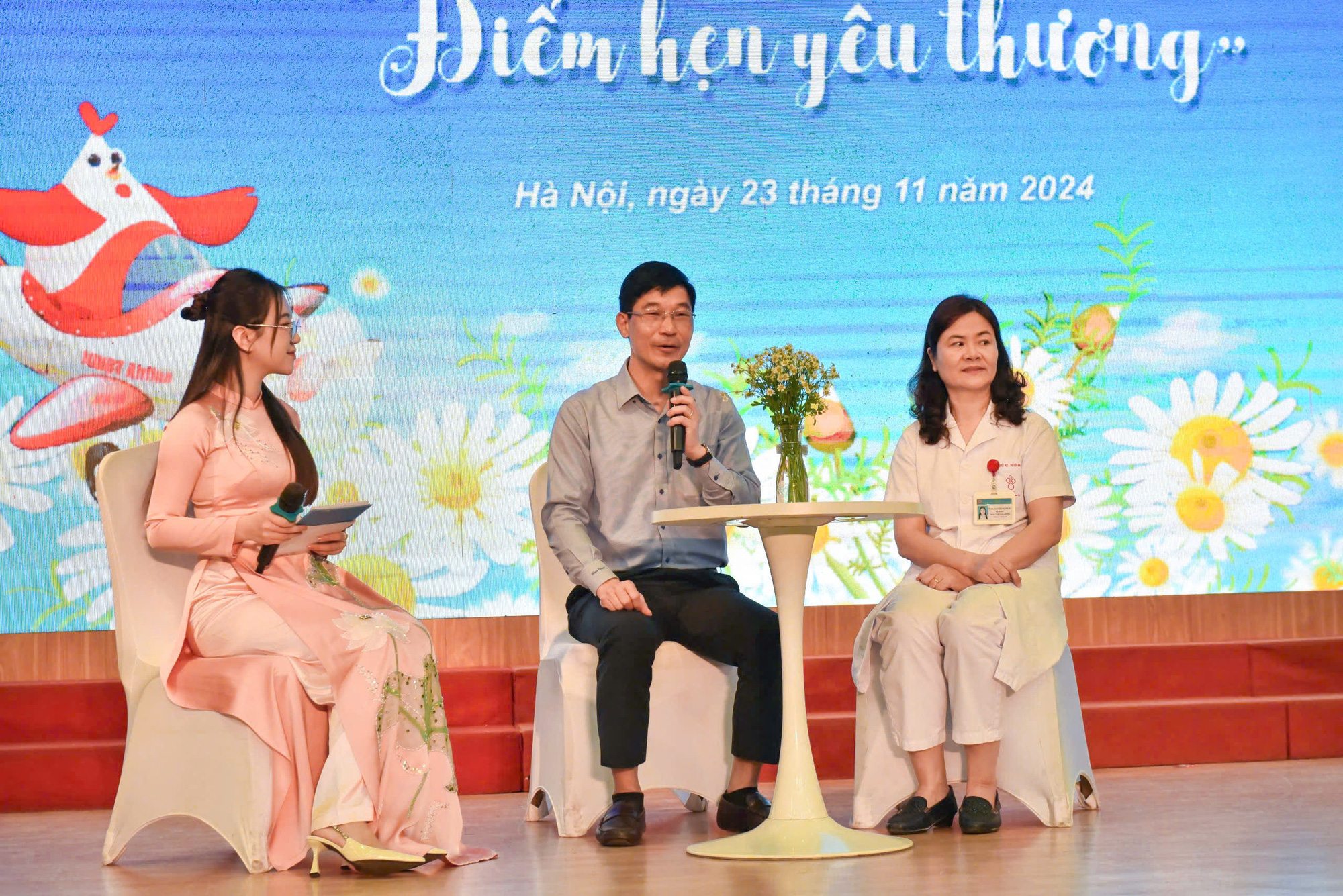
Mr. Tran Ngoc Que and Dr. Nguyen Thi Thu Ha shared and answered questions from blood donors at the program - Photo: DL
At that time, transfusion of blood compatible with ABO and Rh blood groups is not enough to ensure patient safety, but blood compatible with antigens of other blood group systems must be transfused (also known as phenotype compatible transfusion).
Doctor Nguyen Thi Thu Ha, director of the Thalassemia Center, National Institute of Hematology and Blood Transfusion, shared that the center currently manages and treats about 3,000 thalassemia patients.
"To date, 30% of thalassemia patients have received phenotype-compatible blood transfusions. Receiving phenotype-compatible blood transfusions helps patients minimize transfusion complications due to incompatibility between red blood cell groups between the donor and recipient.
In addition, transfusion of compatible blood types also helps limit the production of abnormal antibodies in the red blood cell system. Limiting iron chelation treatment for patients with congenital hemolytic anemia who need regular blood transfusions," said Dr. Ha.
According to Mr. Que, for many years now, thanks to funding from a number of programs and projects, the institute has conducted tests to determine blood group antigens other than the ABO and Rh systems for a number of regular voluntary blood donors.
The list of people with rare Rh(D) negative blood type or phenotypic compatible blood donors (who have identified some blood type antigens) are all stored on the institute's software. Thanks to that, when there are patients in need, the institute can call suitable blood donors according to the list to promptly call for blood donation and treatment for the patient.
In 2024, the National Institute of Hematology and Blood Transfusion received an estimated 240 units of rare blood types and 2,458 units of phenotype-compatible blood from treatment facilities. With the support of blood donors, most of the estimates were fully and promptly met.
Source: https://tuoitre.vn/nhung-nguoi-hien-mau-nhu-duong-day-nong-benh-vien-goi-la-di-20241123103832192.htm



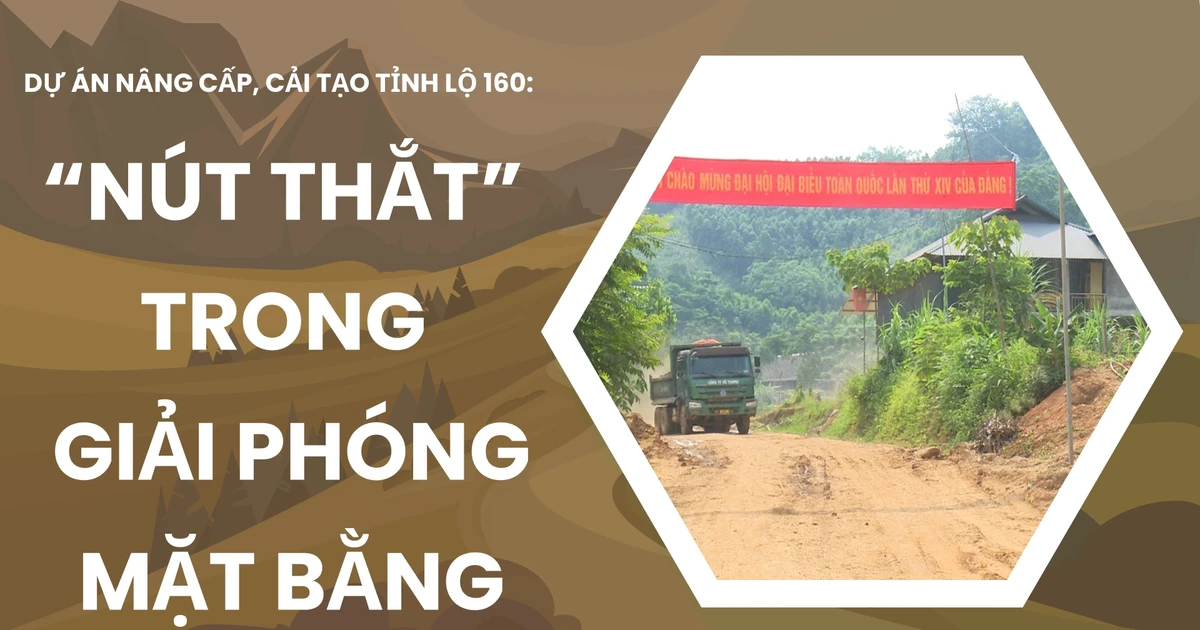
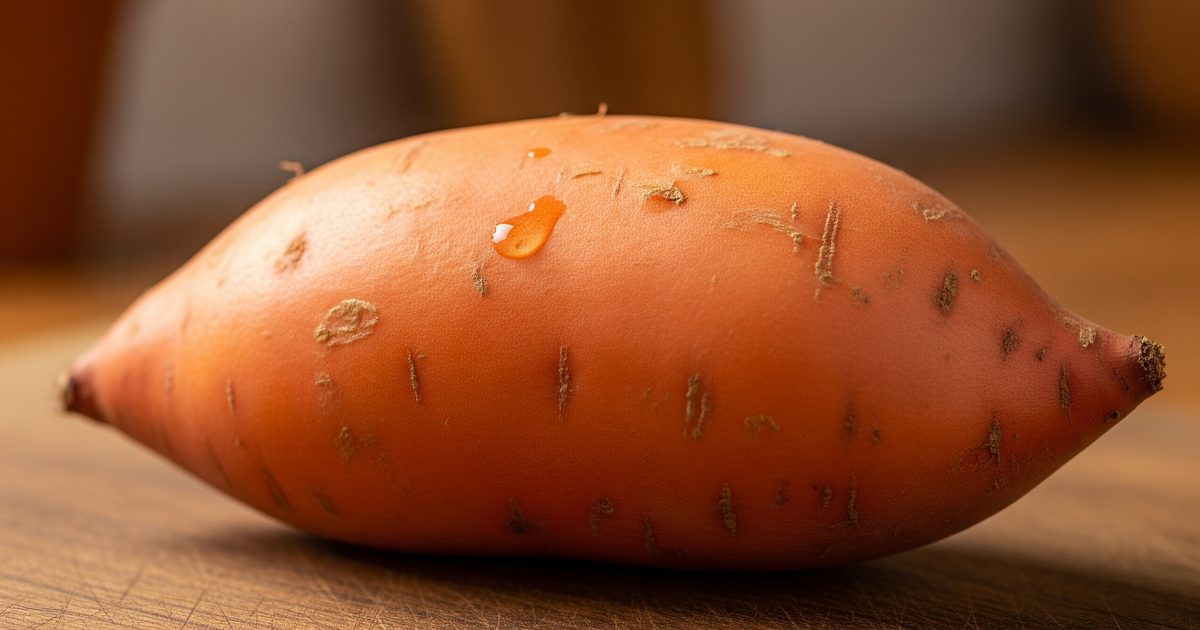
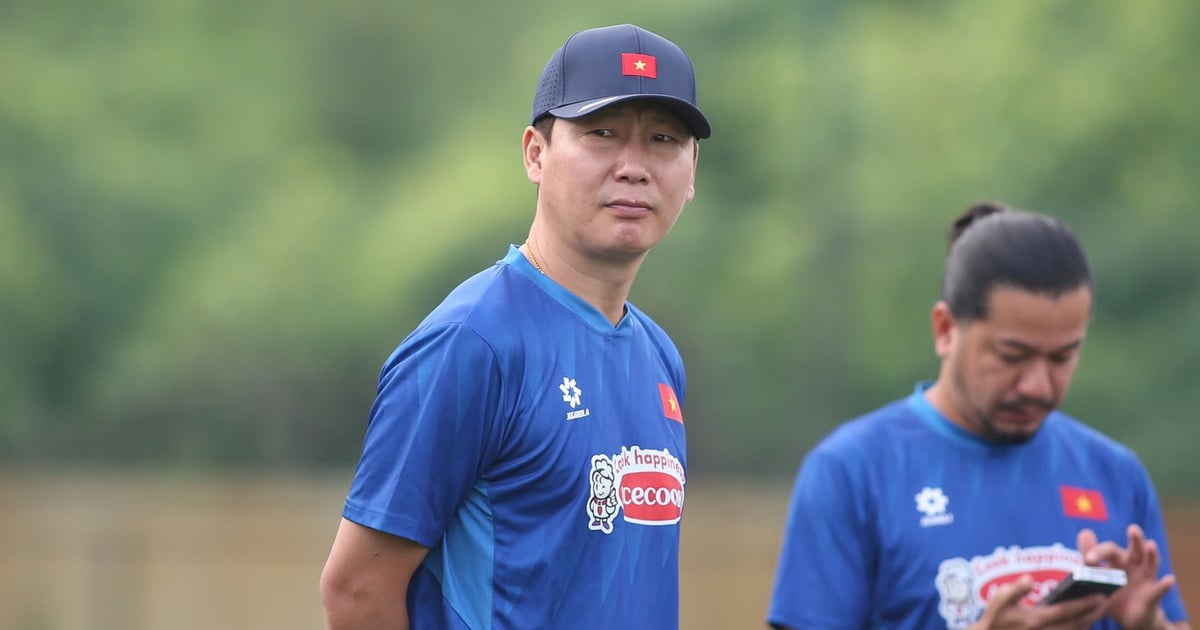
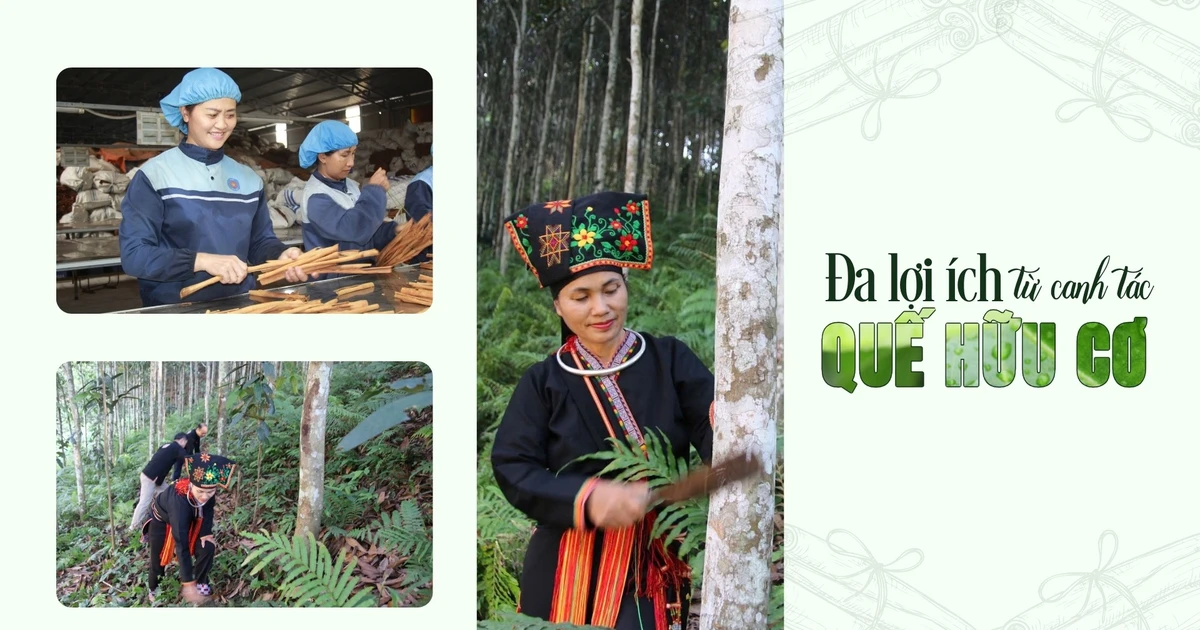
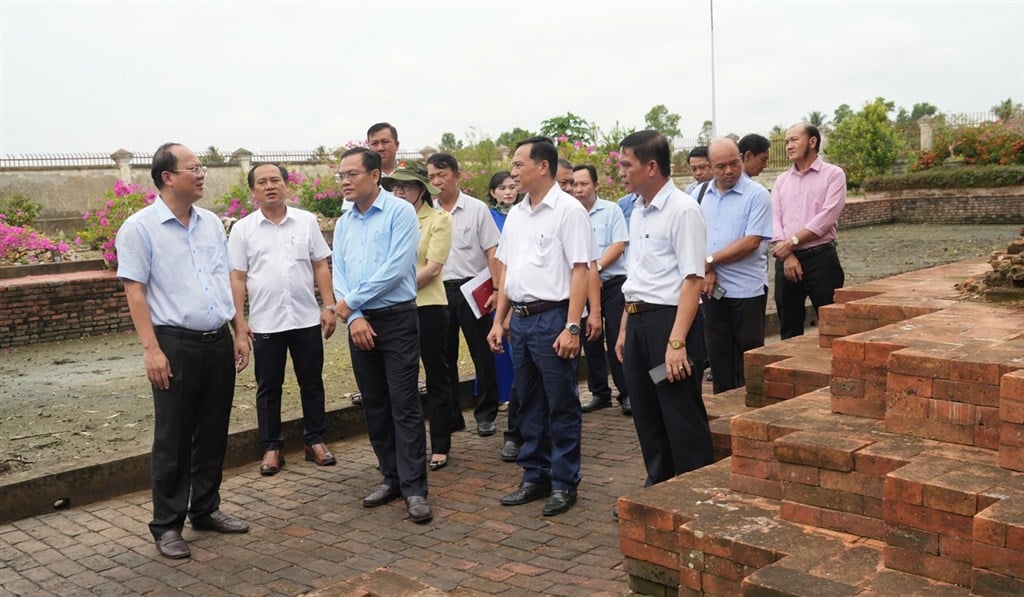
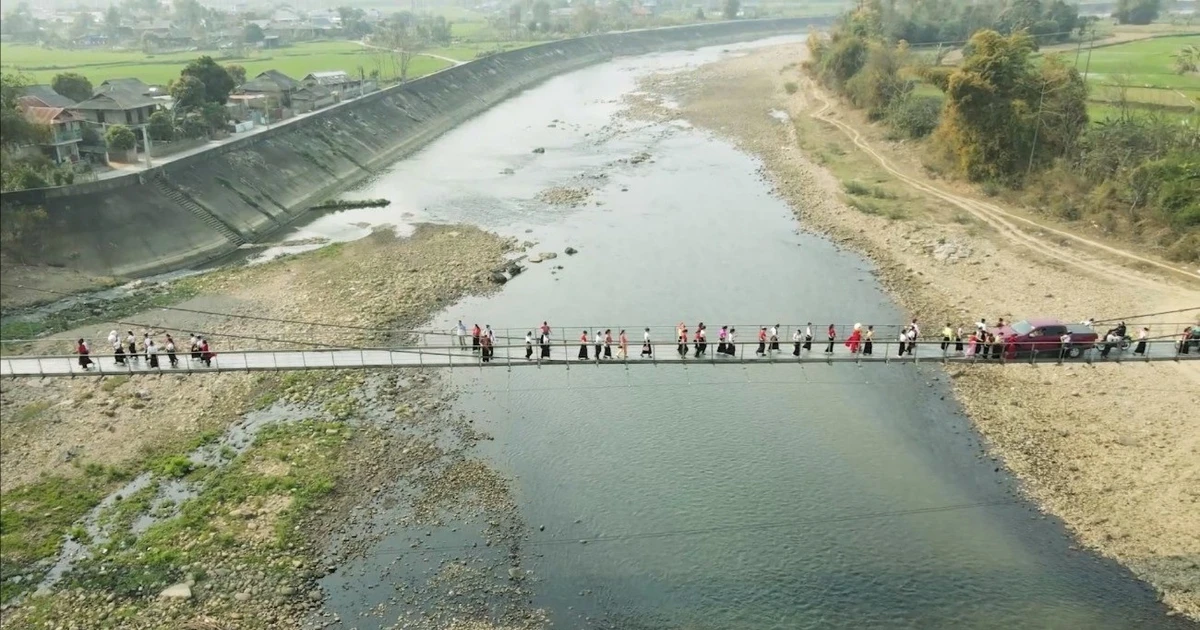
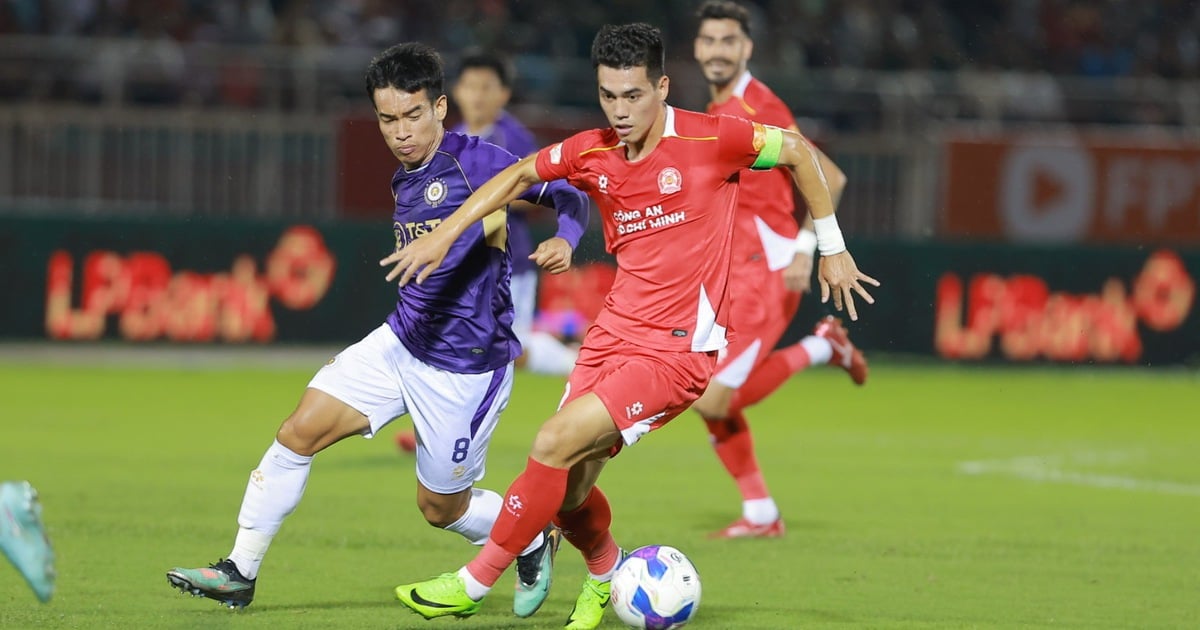

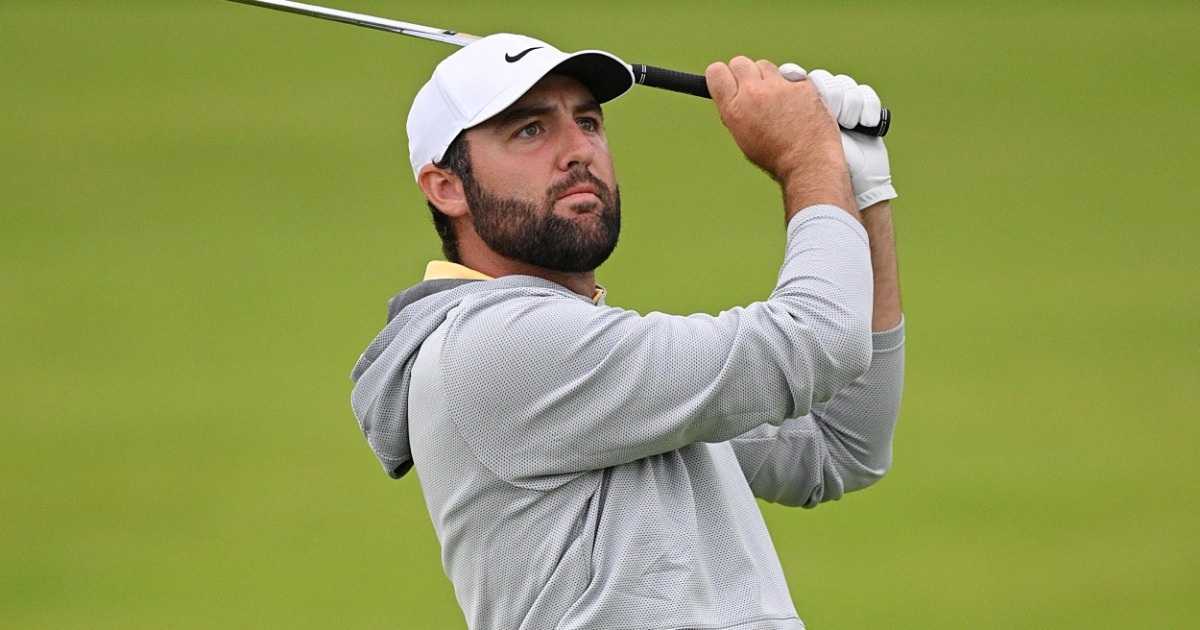
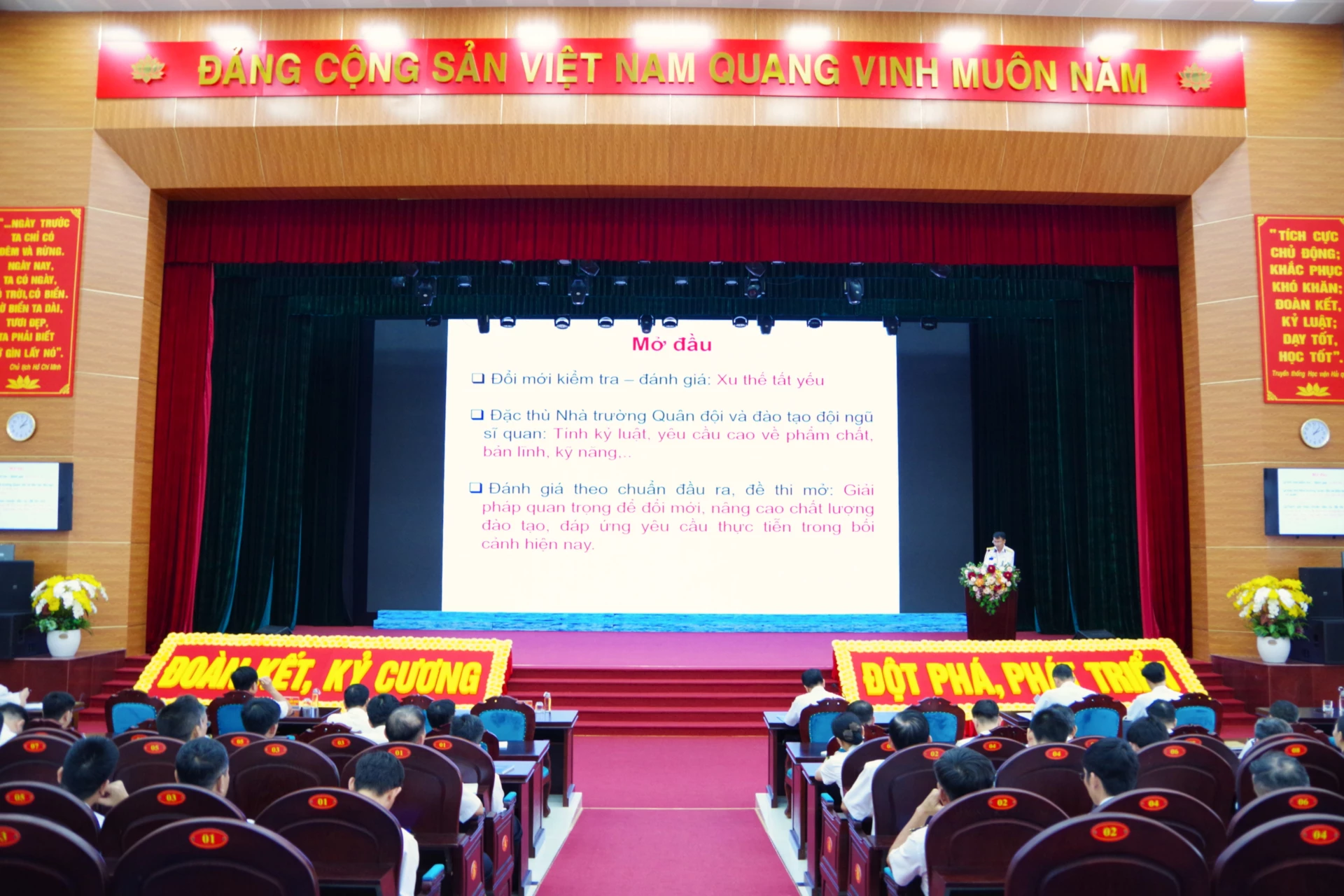











![[Photo] An Phu intersection project connecting Ho Chi Minh City-Long Thanh-Dau Giay expressway behind schedule](https://vstatic.vietnam.vn/vietnam/resource/IMAGE/2025/8/21/1ad80e9dd8944150bb72e6c49ecc7e08)






































![[Photo] Politburo works with the Standing Committee of Hanoi Party Committee and Ho Chi Minh City Party Committee](https://vstatic.vietnam.vn/vietnam/resource/IMAGE/2025/8/21/4f3460337a6045e7847d50d38704355d)

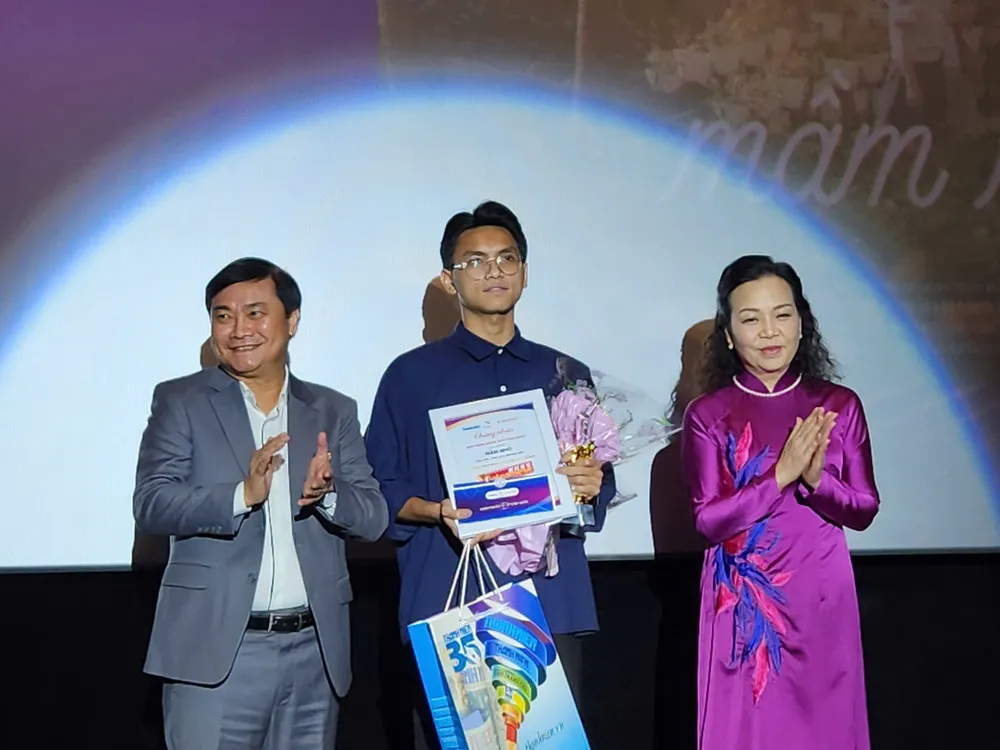































Comment (0)